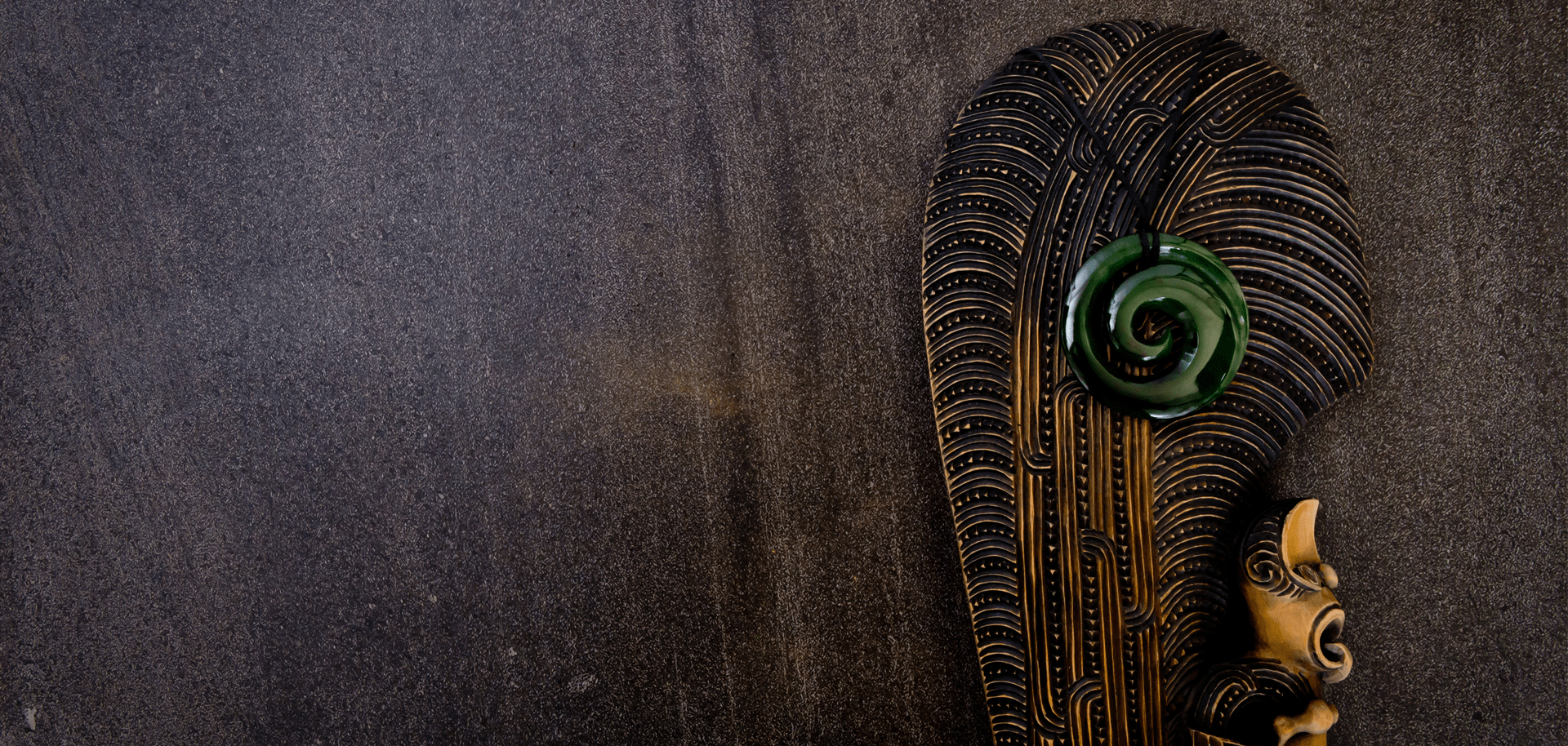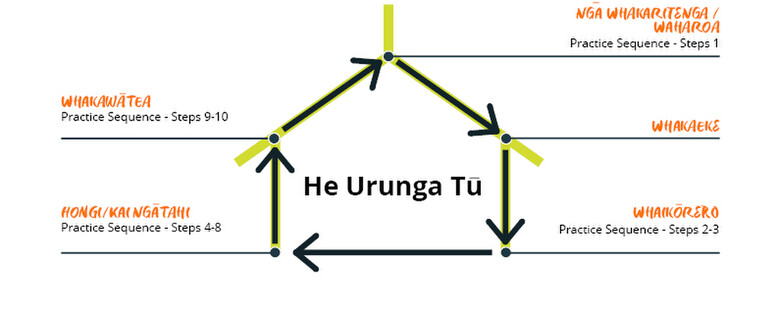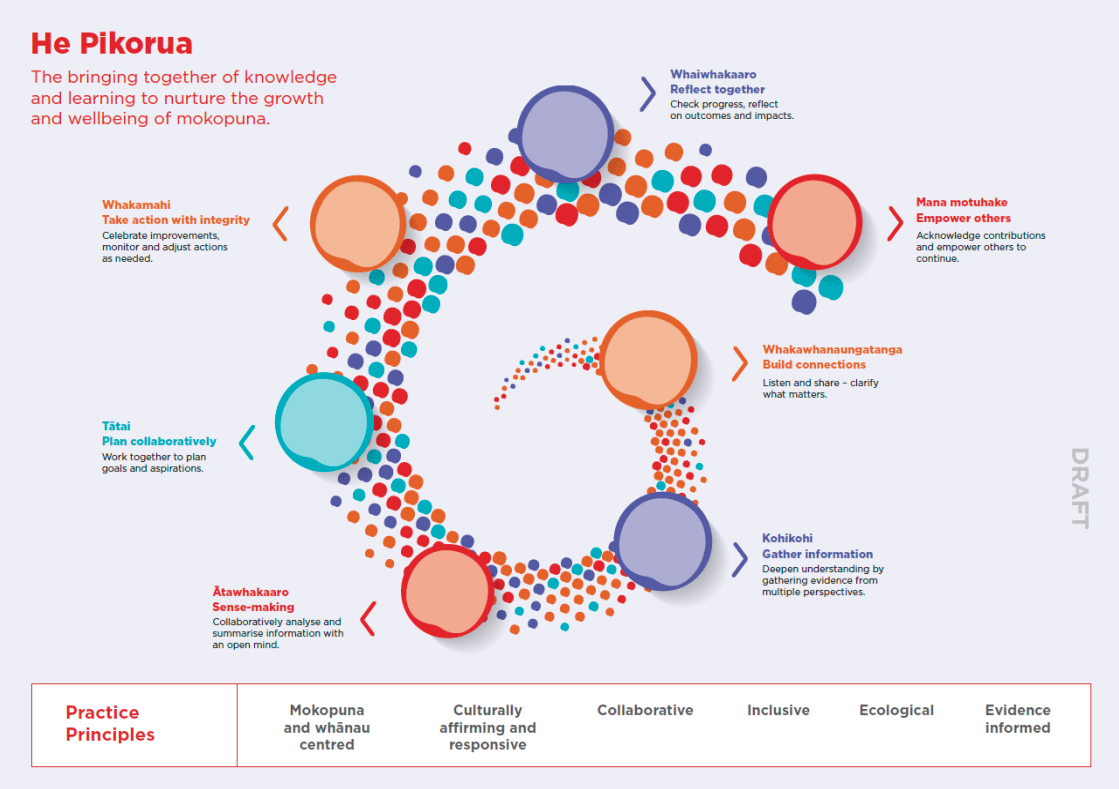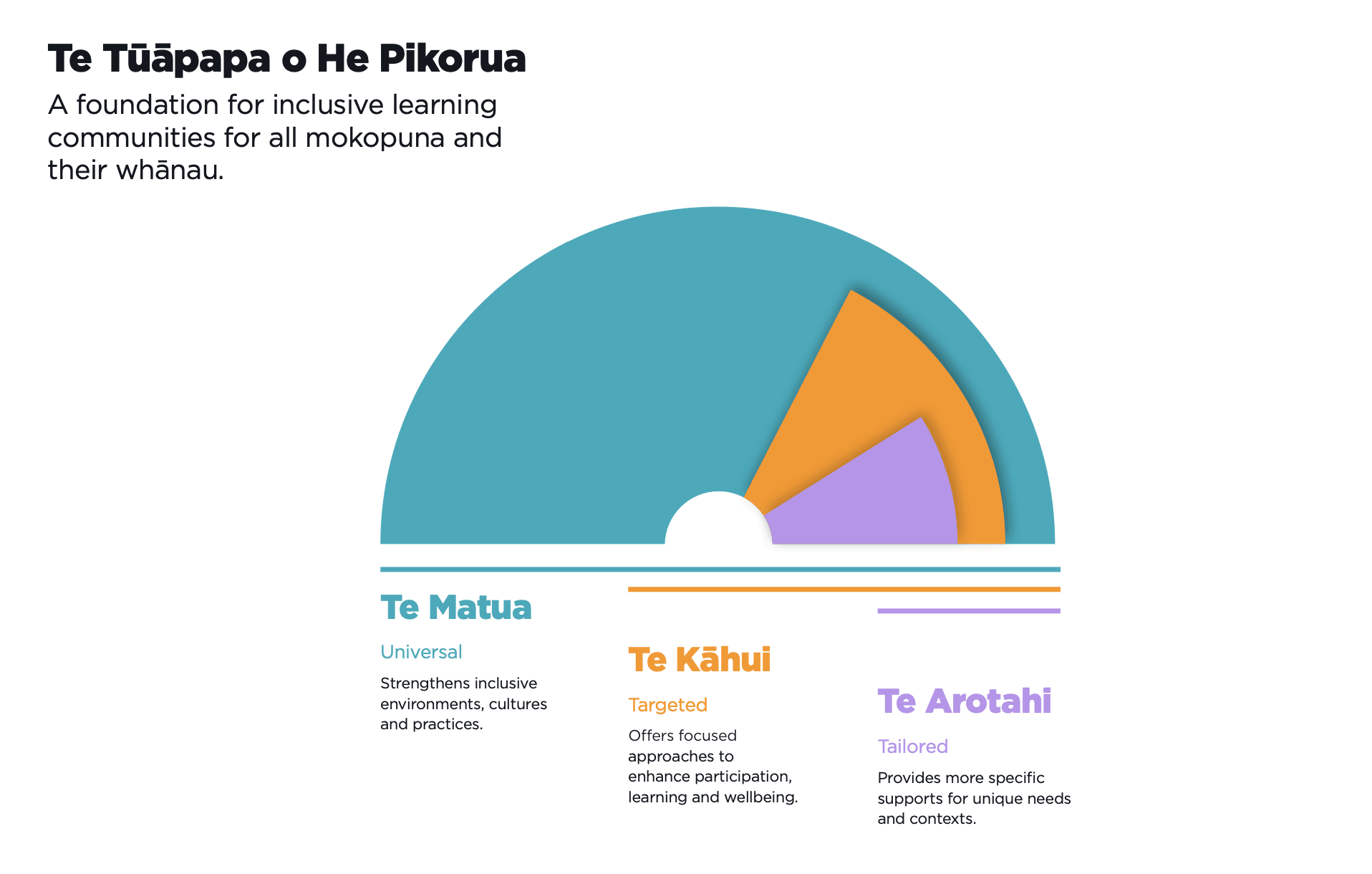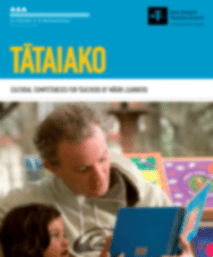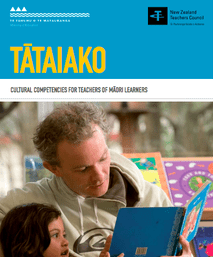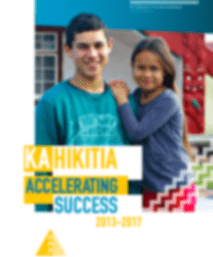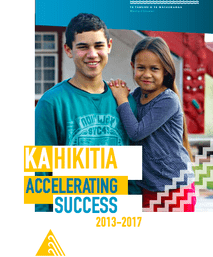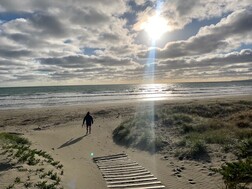Inclusive Education
RTLB promote an inclusive education system where children and young people with additional learning and behavioural needs are welcomed and where their achievement, progress, wellbeing and participation are valued and celebrated. We believe every ākonga has the potential to make a valuable contribution to their whānau, community and to Aotearoa. We value diversity and view this as a strength. Our focus is on removing barriers to learning so all ākonga can thrive.
Treaty Partners
Inclusive education is underpinned by the belief that every learner has the potential to make a valuable contribution to the wellbeing of their family, whānau, community and to Aotearoa New Zealand as a whole. It asserts that our diversity is a strength and 'draws attention to diversity and difference as a key part of quality teaching, honouring Articles 2 and 3 of the Treaty of Waitangi.' (ERO, p.16). (TKI)
He Urunga Tū
RTLB honour the principles and articles of Te Tiriti o Waitangi and use this to guide our inclusive practice. We value diversity and the importance of hearing the voices of ākonga and their whānau.
The He Urunga Tū framework enables RTLB to be effective, inclusive, culturally responsive and safe in their practice. It guides and supports RTLB to facilitate the process in a manner that is respectful, professional and maintains positive working relationships (RTLB Toolkit). Using this framework, RTLB may enable ākonga, kaiako and whānau self-determination. RTLB are manuhiri who are invited to facilitate, support and nurture the child through their learning journey. ‘Ahakoa ko wai, ahakoa nō hea - No matter whom they are or where they are from’.
Tangata Whenua
People of the land. Those who have authority in a particular setting.
Manuhiri
Anyone new to the setting invited to facilitate, support and nurture the child through their learning.
Tangata Whenua and Manuhiri may include:
Mokopuna, Tamaiti, Whānau, Hapū, Iwi, Ākonga, Hapori, Liaison RTLB, SENCo, school staff, Government and Non-Government Agencies.
Ministry Documents
Ministry documents and plans that inform working in a culturally responsive way include:
The Māori Education Strategy
Ka Hikitia - 2018 -2022 under development
Action Plan for Pacific Education 2020–2030
The Action Plan for Pacific Education 2020–2030 has a vision that diverse Pacific learners and their families feel safe, valued and equipped to achieve their education aspirations.
It outlines the actions the Government has committed to achieve this vision and signals how early learning services, schools and tertiary providers can achieve change for Pacific learners and their families. (www.education.govt.nz)
Action Plan for Pacific Education – Education Conversation | Kōrero Mātauranga website
Download the RTLB Professional Practice Toolkit below for more resource.
Learning Support Delivery Model
RTLB follow the learning support delivery model.
The six elements of the Learning Support Delivery Model:
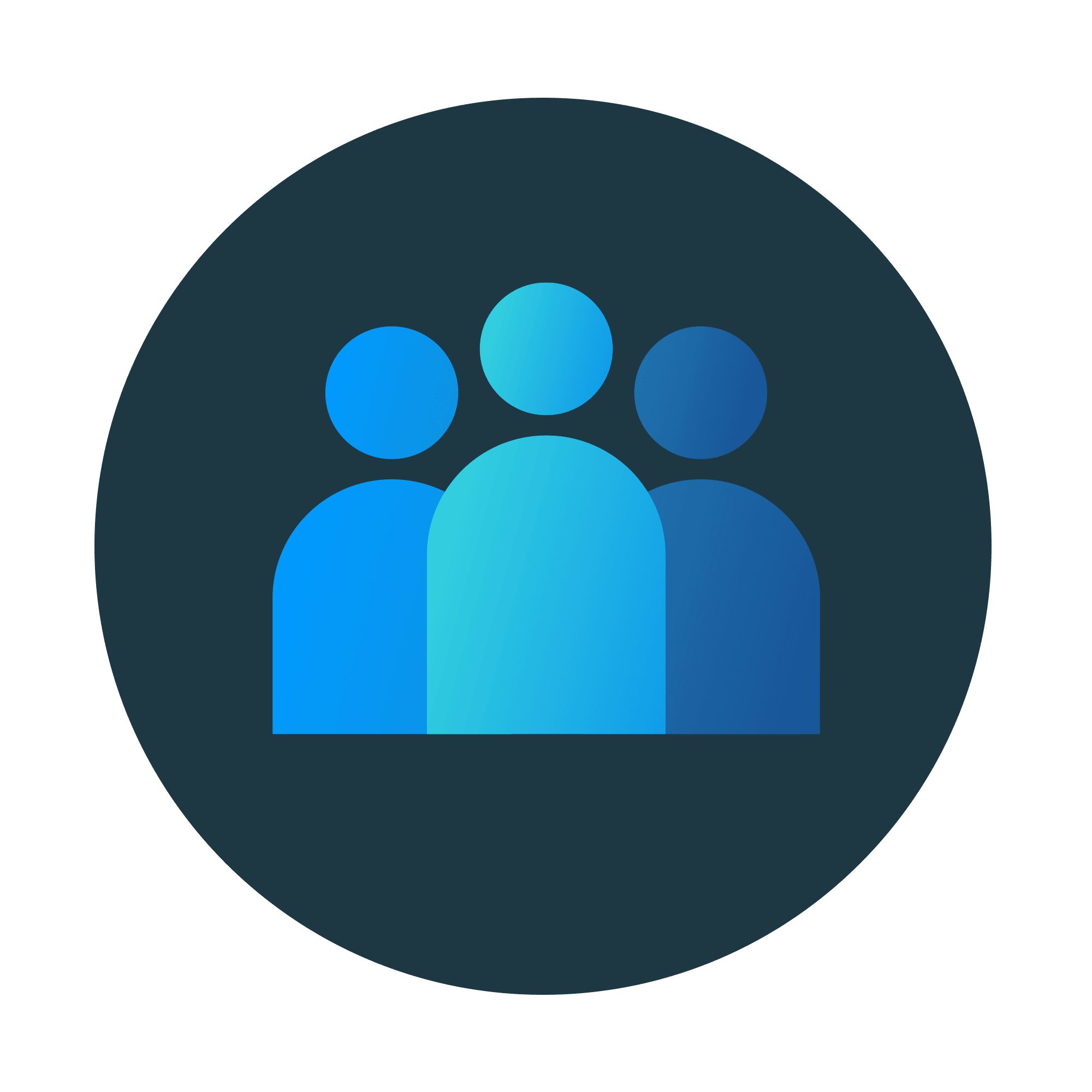
Family and whānau connection points. Families and whānau have someone they can rely on, who knows about their learning needs, and will co-ordinate assistance when they need it.
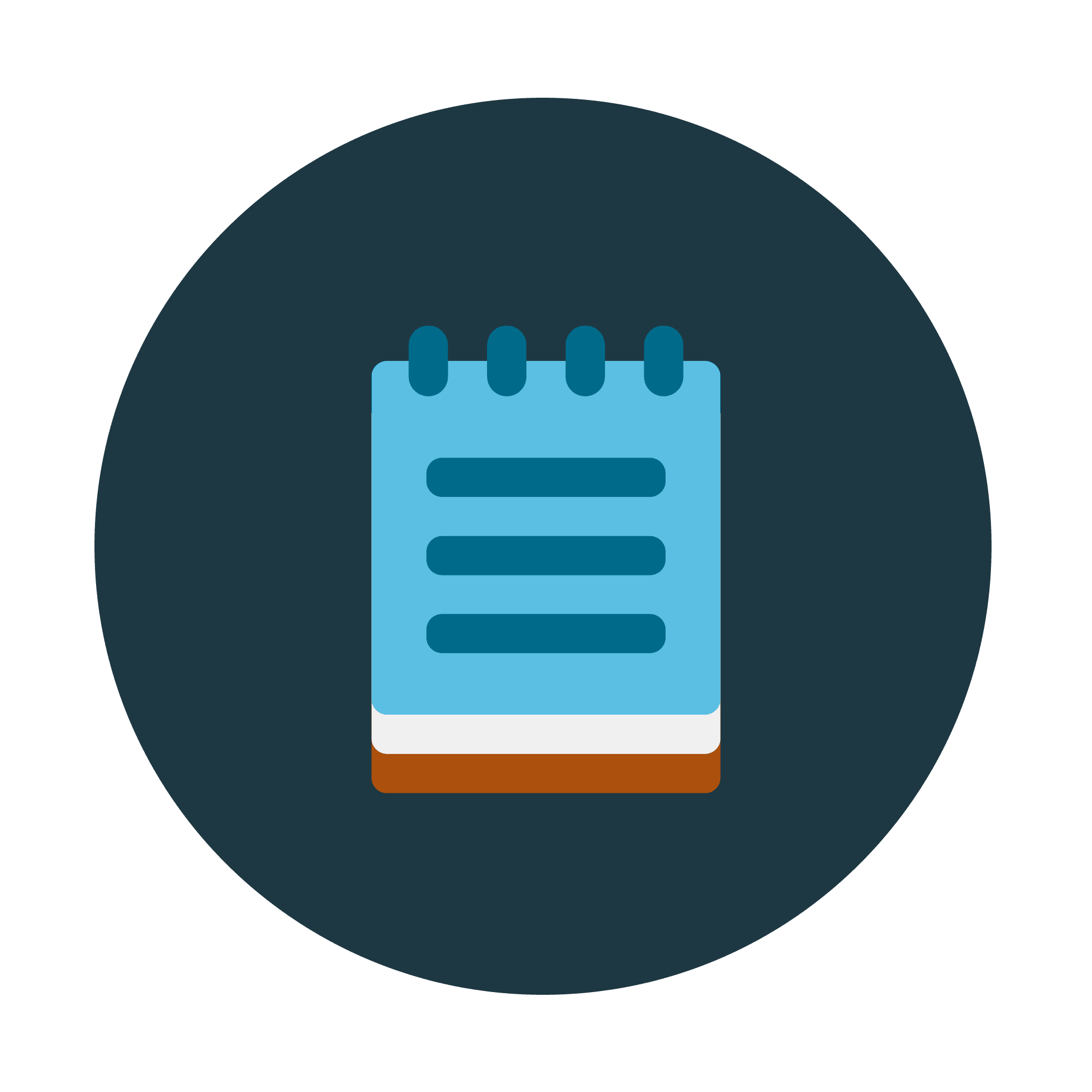
One plan. The purpose of the single plan is to provide joined up and tailored service to better support the child or young person’s individual learning support needs.
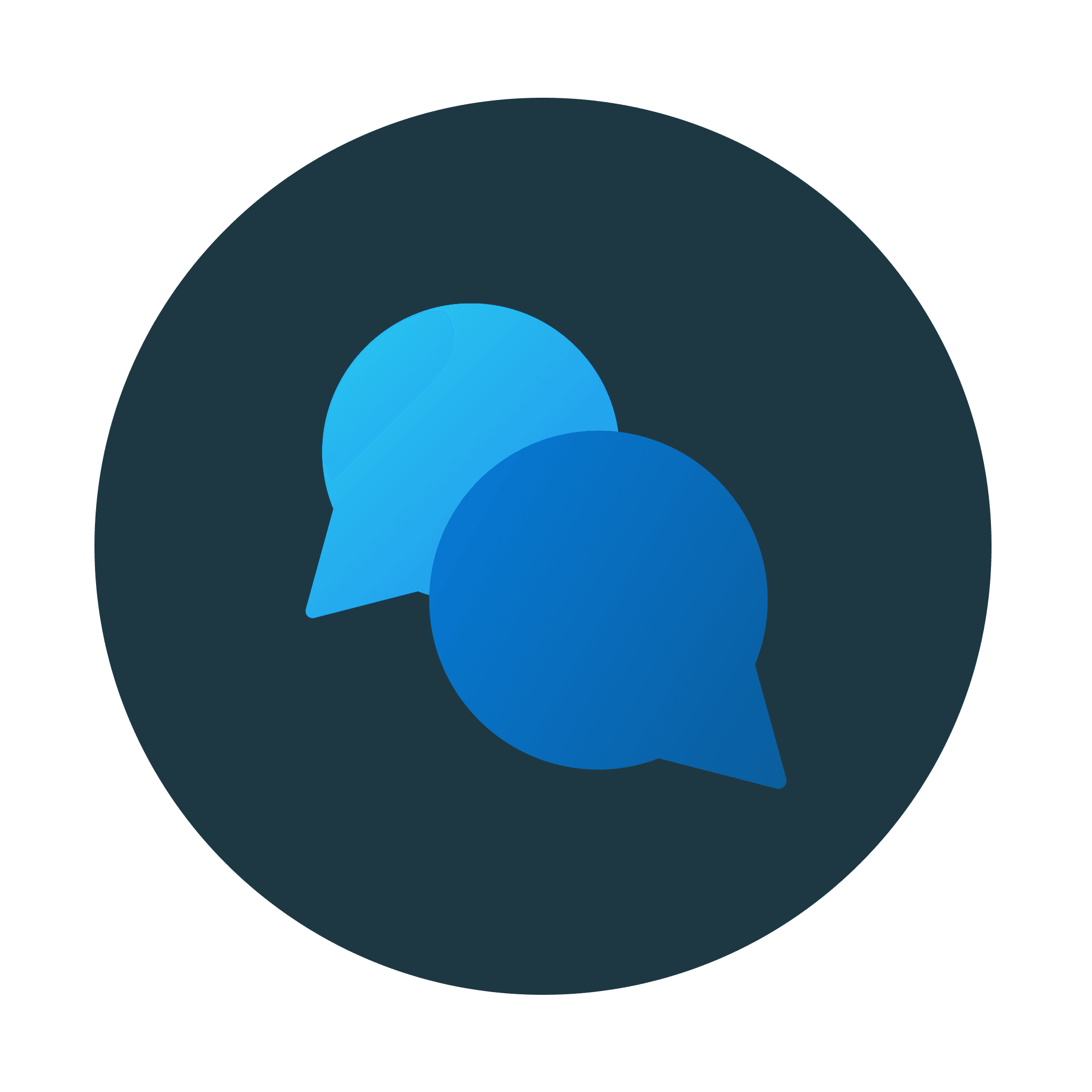
Working together. All local education and service providers work together alongside the family and whānau to identify learning support needs, and work out how resources can be used most effectively within the locality to meet those needs.
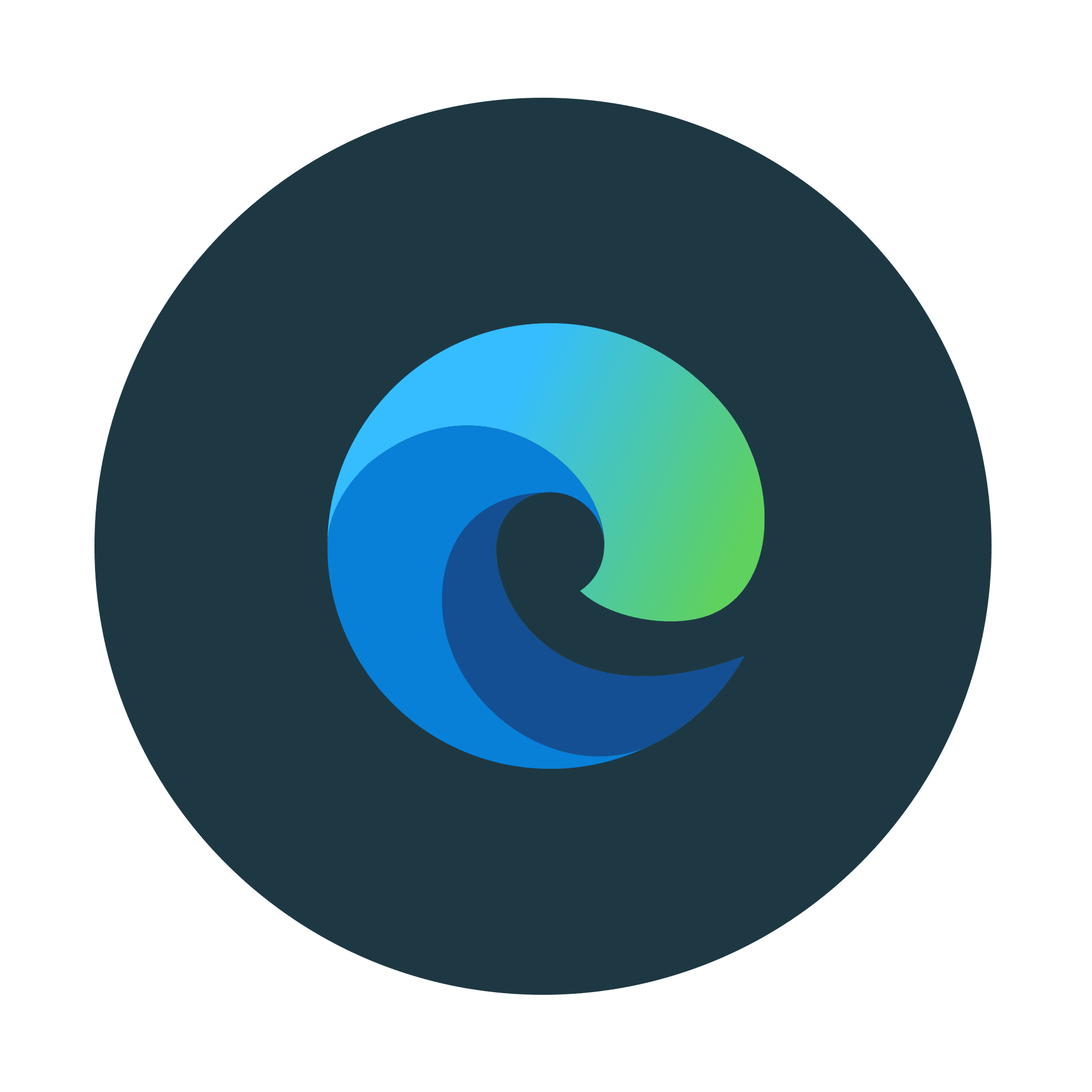
More flexibility. Local learning support providers and decision-makers use their judgement, based on their knowledge of the child or young person, to enable tailored access to learning support.
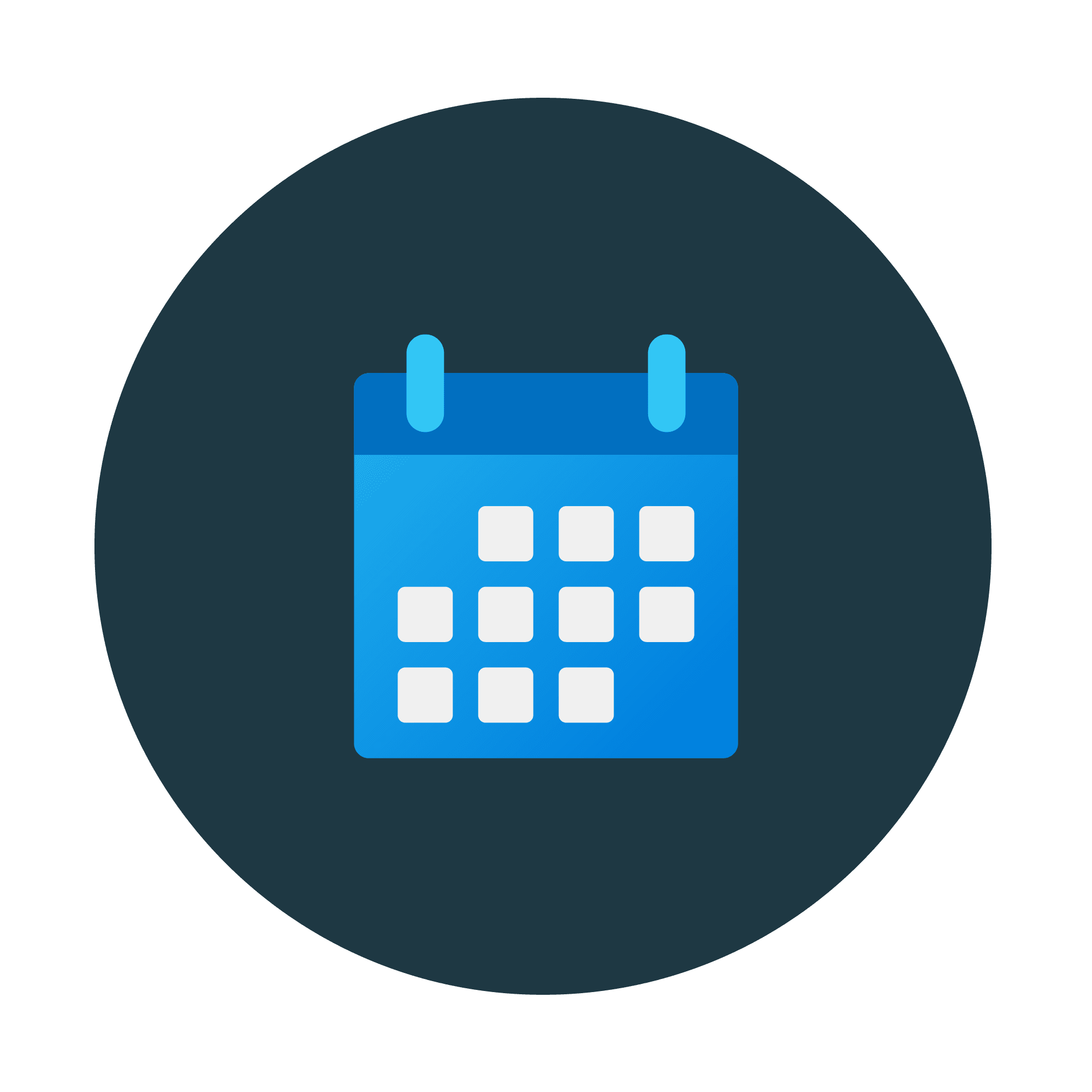
Better facilitation. A designated facilitator convenes learning support stakeholders, provides a central point of contact, and connects in wider social services as required.
Te Tūāpapa o He Pikorua- A foundation for inclusive learning
View the tiered model as a whole, not as three discrete levels that can be implemented separately. This means you won’t jump to individualised approaches without also planning and implementing useful universal and targeted approaches.
For example, a child who is receiving an individualised programme will also be supported by:
essential (universal) practices and approaches (for example, visual timetables, a ramp that supports those with disabilities yet all children can use to access the classroom, non-binary language)
specific (targeted) approaches to support a specific context (for example, use of a weighted ball in P.E. or Dragon speaking software to enable access to writing).
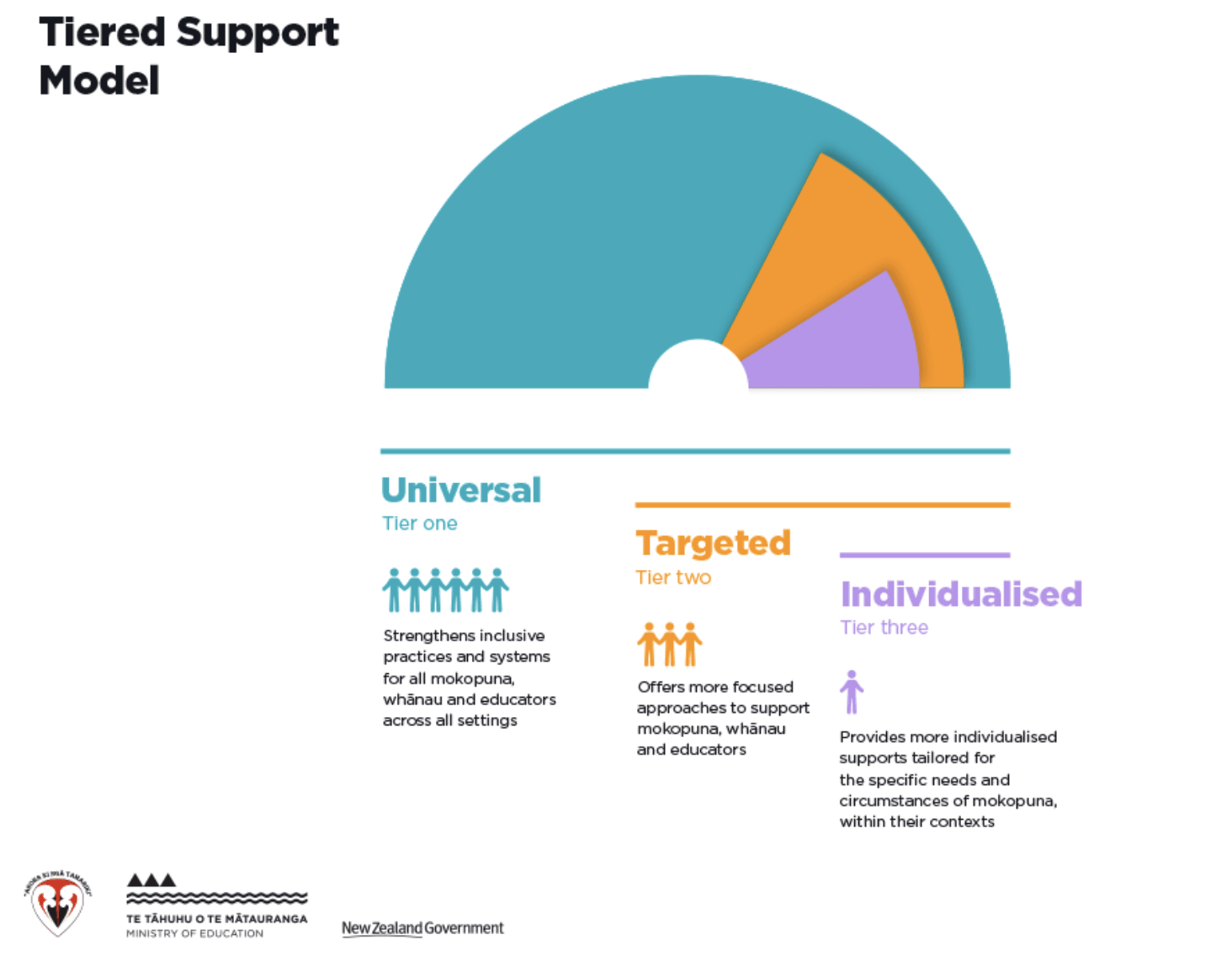
UDL
Universal Design for Learning
UDL is a framework based on the science of learning, including cognitive neuroscience. When planning learning using the 3 principles of the framework, we plan for the variability of all our learners. ‘When we design learning environments proactively for variability, we anticipate and value the incredible strengths and diversity of all our learners’ (CAST 2018).
PB4L-SW
Positive Behaviour for Learning-School Wide
RTLB promote and support the Ministry of Education led initiative Positive Behaviour for Learning School-Wide. The initiative supports schools/kura, whānau and kaiako address problem behaviour, improve children's well-being, and increase educational achievement. The framework is based on international evidence.
The Positive Behaviour for Learning School-Wide framework, supports schools/kura build a positive school culture.
. . .
"It’s not about changing the students; it’s about changing the environment, systems and practices you have in place to support them to make positive behaviour choices."
IY Training
Incredible Year Training by PB4L
RTLB are trained to deliver the Incredible Years Teacher (IYT) programme. It is a teacher programme to strengthen teacher’s strategies in promoting children’s pro social behaviours and creates a more positive learning environment for all. The programme is generally for teachers of years 1-4 students.
Bullying Free NZ
'The Bullying-Free NZ website is designed to act as a central hub for New Zealand schools. It provides guidance, resources and tools to schools to review, plan, and implement evidence-informed bullying prevention approaches. Research on effective bullying prevention approaches is a growing field internationally and within New Zealand. As new information becomes available on effective bullying prevention approaches, resources, and legislation this website will be updated.' (Bullying Free NZ)
Gateway
Child, Youth and Family, and the Ministries of Education and Health developed the Gateway Assessment process to support children and young people entering care, already in care, or at risk of coming into Child, Youth and Family care. It provides a ‘gateway’ assessment to collect clear, detailed information about the child/young persons health, educational, social and emotional needs. This means the appropriate agency can take the necessary action promptly.
Tools
Inclusive Practice Tools | A five step process to better engagement within the community.
The NZCER has produced an Inclusive Practices tool for schools to use to support building their inclusive practices. It is located on the Wellbeing@School site.
The tool follows a five step process that engages the whole community to explore the extent to which schools are inclusive of all students. It explores from a student and whānau perspective using the theme of presence, participation and learning and a school systems perspective using themes of leadership, policies and practices and school culture.
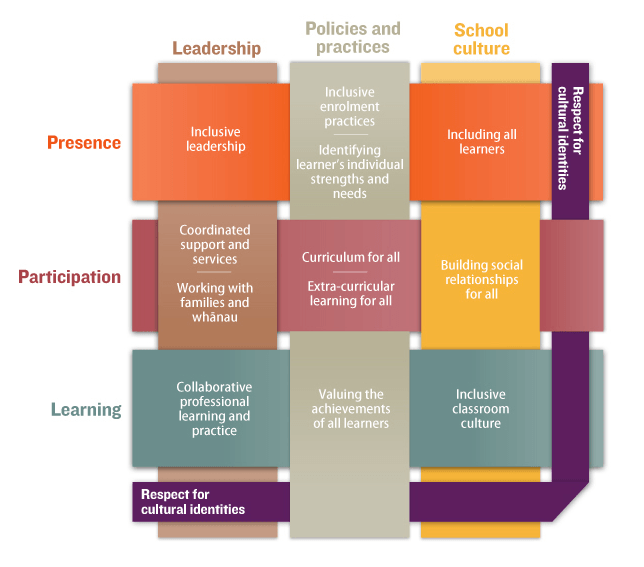
The tool guides schools through community consultation, data gathering and self review using surveys and online data summaries. Schools can identify areas of strength and matters for further development. There is information to help develop a plan to strengthen inclusive practices and links to resources to assist with implementation of the plan.
Key Links
Leading Lights for Professionals
Please contact your RTLB Liaison for a username and password
Blog
We're releasing notes from seminars, meetings, training sessions, resources and more via our blog. You can view these below.
Email us for more details and login information.
